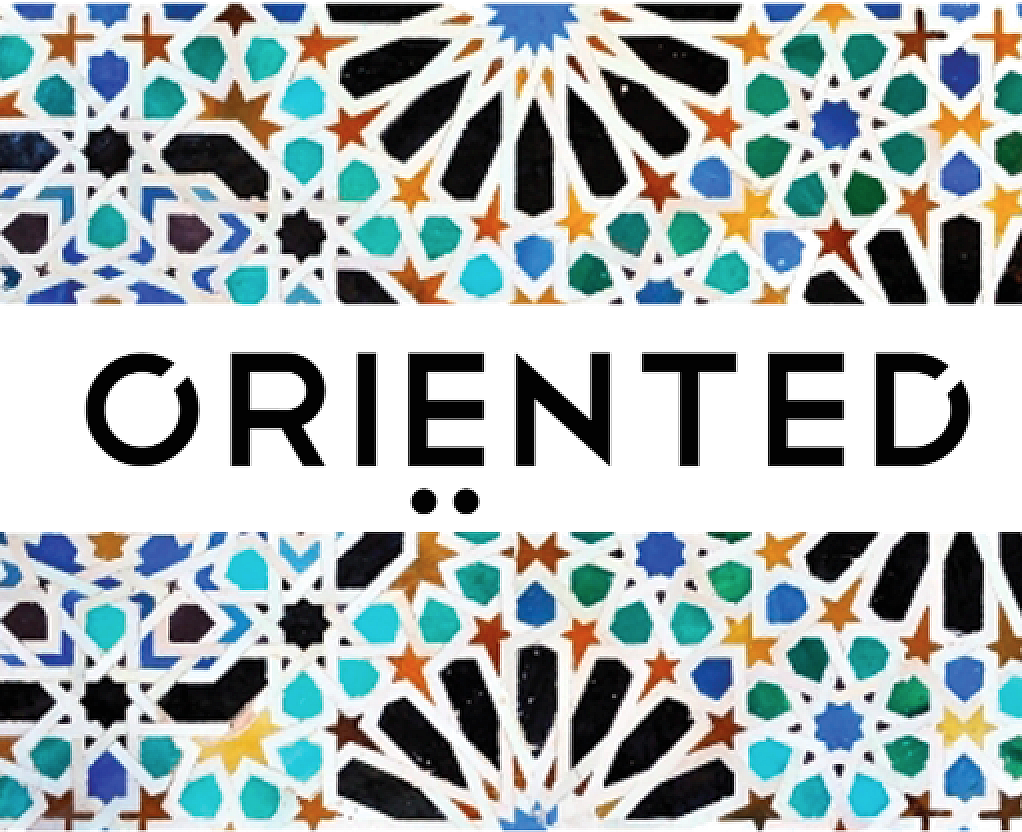Speaking as a Palestinian queer organization, we encourage Palestinian queers to share their personal stories and we work tirelessly to build a society that celebrates their diverse experiences. However, the discourse prompted by a recent documentary about Palestinian queer lives suggests a crucial need to share a critical perspective and to reframe some false assumptions the film may perpetuate.
The film in question, Oriented (Witzenfeld, 2015), recently debuted at multiple international film festivals. This story, about three gay Palestinian friends who live in Tel Aviv, has circulated throughout international media, promoting risky and false assumptions about queer Palestinians. This short statement is by no means a critique of individuals' lives, their lifestyles, or their personal choices; rather, it takes aim at the dangerous generalizations and misperceptions that the film, regardless of good intentions, may further.
Perhaps the main danger of the film's discourse is its purportedly "sophisticated" framing, which the film adopts in an alleged effort to avoid promoting clichéd, pinkwashing stories about queer Palestinians as victims of society and Israelis as saviors, etc. Despite good intentions, we think this film and the media discourse around it nevertheless reproduce these same mistakes. The film’s aim to promote "stories about strong queer Palestinians" is based in the same dehumanizing racist assumptions that also lay at the heart of "queer Palestinians as victims" movies. It is a pity to define our stories within an unfortunate racist and binary choice—we are "strong” or we are “victims"—promoted by the Israeli and Western audiences who are this film genre’s primary consumers.
The second danger is the representation of the film's story as “universal.” The cliché phrase "we represent a new generation of queer Palestinians" is more saddening than annoying in its reductionism. Despite powerful personal stories and choices shown in the film, no individual can represent an entire generation, nor claim that his/her/their experience can stand in for the multitude of experiences of Palestinian queers in Palestine. Palestinian queers who choose to live in Tel Aviv, a small segment of our community, have a unique experience that is not at all similar to the experiences of queers in other parts of Palestine, be it Ramallah, Nazareth, Nablus, or even other Palestinians living in Tel Aviv, or any other place. Politicizing this experience as a collective and representative experience—for this film's success or for any other personal interests—is unethical and unfounded.
Finally, we are concerned that this film positions Tel Aviv as the “gay haven” for queer Palestinians: falsely implying a "tolerant" and "open" city that graciously allows self-identified Palestinian queers—both victims and strong activists —to live and thrive. This directly contributes to the Pinkwashing propaganda campaign (perhaps even serving as its newest face) and is an unfortunate erasure of Palestinian queer narratives. Unlike this film’s narrow picture, our work, our priorities, and our successes refer to the many Palestinian queers – who live, thrive, create, struggle, and fight on a daily basis for their freedom—without relation to Tel Aviv. Change cannot happen in a pinkwashed city, nor can it fit into a cliché discourse about "change" in documentary films. The change we strive for is not narrow and superficial; it is rooted in our slow, deep and cumulative work on sexual and gender diversity within our own communities and context.
